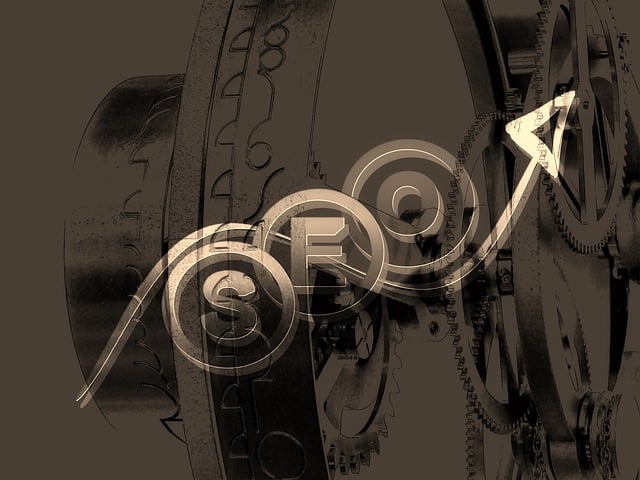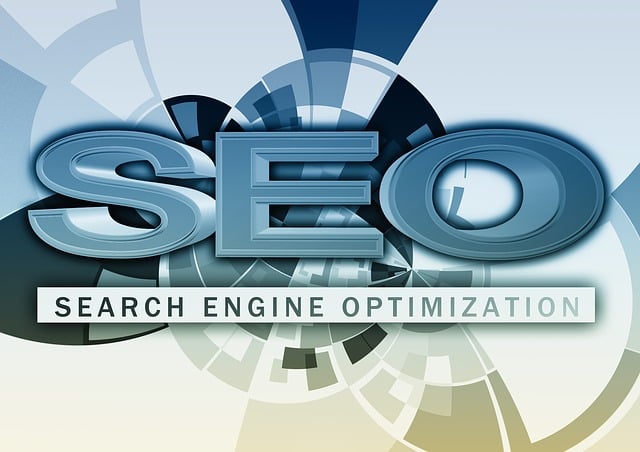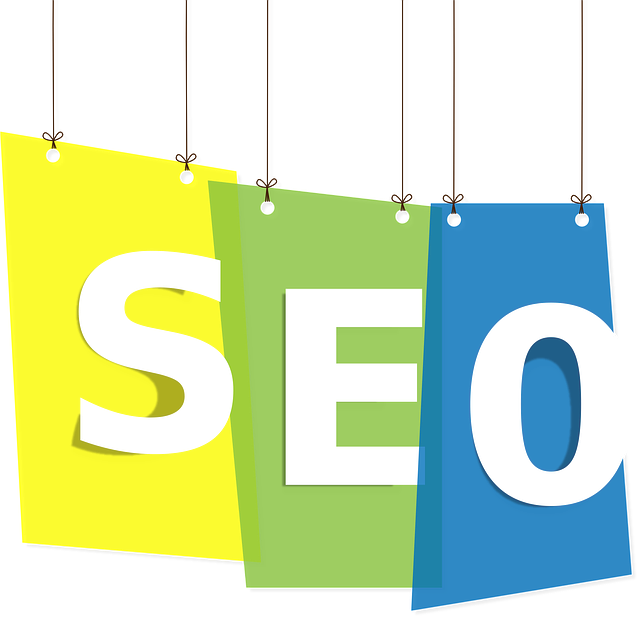E-commerce websites present unique SEO challenges like optimizing product pages, improving site speed, and managing categories. However, they offer significant opportunities through rich snippets, internal linking, data analytics, and strategic keyword targeting. An SEO Agency for E-commerce Websites leverages KPIs to assess success, focusing on conversion rates, average order value, and cart abandonment. They employ on-page SEO, including keyword optimization, unique product descriptions, and visual elements, to enhance discoverability and drive targeted traffic. The agency conducts in-depth keyword research to uncover high-value, low-competition keywords, improving rankings and sales. Backlink building through guest blogging, valuable content, and strategic outreach boosts authority and organic traffic. Optimizing UX for speed, mobile responsiveness, and clear product info further enhances search engine rankings. Local SEO strategies expand reach within specific geographic areas, driving local foot traffic and credibility. Advanced tools and technologies enable data-driven optimization, regular technical audits, and keyword performance analysis, ultimately boosting sales in a competitive e-commerce market.
In the dynamic realm of e-commerce, a robust SEO strategy is no longer an option—it’s a necessity. As online shopping becomes the norm, driving organic traffic through search engines is crucial for any successful e-commerce website. This comprehensive guide, tailored for both businesses and aspiring SEO agencies, delves into the intricate world of E-commerce SEO. From understanding unique challenges to mastering on-page optimization, keyword research, and user experience enhancement, we explore essential tactics to elevate your online store’s visibility and sales.
Understanding E-commerce SEO: Unique Challenges and Opportunities

E-commerce websites present a unique set of challenges and opportunities for SEO, distinct from traditional content-based sites. With high competition and a focus on conversions, an SEO agency for e-commerce websites needs to adopt specialized strategies. Key challenges include optimizing product pages with minimal text and structured data, improving site speed and mobile usability, managing complex categories and navigation, and driving organic traffic through search engines’ shopping features.
However, e-commerce also offers ample opportunities. By leveraging rich snippets and schema markup, agencies can enhance visibility in search results. Implementing effective internal linking structures and optimizing product descriptions enable better crawling and indexing by search engines. Moreover, understanding user behavior and leveraging data analytics allow for informed decisions on content creation, keyword targeting, and overall SEO strategy, ultimately boosting sales and revenue.
Key Performance Indicators for E-commerce Websites

E-commerce websites, much like any other business, rely on key performance indicators (KPIs) to gauge their success and guide strategic decisions. For an SEO Agency for E-commerce Websites, understanding these metrics is paramount. Key KPIs include conversion rates, tracking how many visitors become customers; average order value, measuring the average amount spent per transaction; and cart abandonment rate, which highlights the percentage of shoppers who add items to their carts but don’t complete the purchase.
Additionally, traffic sources and user behavior on the site are crucial insights. Analyzing where your customers are coming from – organic search, social media, or advertising campaigns – helps in optimizing marketing strategies. User engagement metrics such as bounce rate (the percentage of visitors who leave after viewing just one page) and time spent on site also offer valuable information about how well your website is designed to capture and retain user interest.
On-Page SEO Strategies for Optimal Product Visibility

For an e-commerce website, on-page SEO strategies are essential to boost product visibility and drive organic traffic. A leading SEO Agency for E-commerce Websites recommends optimizing each page with relevant keywords and phrases that accurately describe the products or services offered. This includes using keyword-rich titles, meta descriptions, and headings (H1, H2, etc.). Additionally, creating high-quality, unique product descriptions that engage readers while incorporating relevant terms can significantly enhance search engine rankings.
Visual content is another crucial element. Incorporating optimized images with alt tags not only improves accessibility but also helps search engines understand the content better. Video content and infographics can further elevate the user experience, encouraging engagement and sharing, ultimately increasing the website’s visibility in search results.
Mastering Keyword Research for E-commerce Success

Mastering keyword research is a cornerstone for any successful e-commerce website, and it’s an area where many businesses, even those with the best products, fall short. An SEO agency for e-commerce websites understands that effective keyword research transcends merely identifying popular search terms. It involves a deep dive into your target audience’s behavior, needs, and pain points to unearth relevant, long-tail keywords that drive conversions.
By employing sophisticated tools and analyzing vast datasets, these agencies uncover hidden gems—keywords with high search volume but low competition. This strategic approach ensures that when potential customers search for products or services related to yours, your e-commerce site appears at the top of search engine results pages (SERPs), increasing visibility and ultimately boosting sales.
Building High-Quality Backlinks for Increased Authority

Building high-quality backlinks is a pivotal strategy for any SEO Agency for E-commerce Websites. These links, acquired from reputable and relevant websites, signal to search engines that your e-commerce site offers valuable content and expertise in its niche. By securing backlinks from industry leaders, influential blogs, or well-regarded online publications, you enhance your website’s authority and trustworthiness, which directly impacts your rankings on search engine results pages (SERPs).
When a reputable source links to your e-commerce site, it not only boosts your SEO but also drives organic traffic. This strategy involves identifying relevant opportunities for guest blogging, creating valuable content that others will want to link to, and engaging in strategic outreach to build genuine relationships with influencers and industry peers. A well-executed backlinking campaign can significantly improve your website’s visibility, driving more potential customers to your online store.
Optimizing User Experience: Speed, Mobile Responsiveness, and More

Optimizing user experience (UX) is a fundamental aspect of successful SEO for e-commerce websites. When users enjoy their browsing experience, they’re more likely to stay on the site, explore products, and make purchases. Speed is a key factor here; fast-loading pages enhance UX and are favored by both search engines and customers. A well-optimized e-commerce site should load key pages in under two seconds. Additionally, mobile responsiveness is crucial given the increasing number of users shopping via smartphones. Ensure your website adapts seamlessly to different screen sizes and offers a user-friendly experience across all devices.
Other UX elements to consider include intuitive navigation, clear product descriptions, high-quality images, and easy checkout processes. These factors not only improve customer satisfaction but also send positive signals to search engines, contributing to better rankings for your e-commerce website. Engaging with a specialized SEO agency for e-commerce websites can help you identify areas for improvement and implement best practices to create a seamless, effective, and competitive online shopping environment.
Leveraging Local SEO to Expand Target Market Reach

For an e-commerce website, expanding reach beyond your initial target audience is paramount to growth. Leveraging Local SEO strategies allows businesses to tap into a new customer base within their geographical area. By optimizing local listings and integrating location-based keywords, an SEO agency for e-commerce websites can ensure that local shoppers find the store easily. This technique not only drives foot traffic but also boosts brand visibility and credibility among nearby customers.
When implementing Local SEO, focus on claiming and optimizing Google Business Profile (formerly Google My Business) listings. Accurate business information, including address, operating hours, and category tags, helps search engines understand your location’s relevance to local queries. Additionally, encouraging satisfied customers to leave reviews can significantly impact local search rankings, as positive feedback adds trust and legitimacy to your e-commerce platform.
Advanced Tools and Technologies for Continuous SEO Improvement

In today’s digital landscape, a successful e-commerce website relies heavily on effective Search Engine Optimization (SEO). To stay ahead of the competition, an SEO agency for e-commerce websites employs advanced tools and technologies that offer continuous improvement. These tools provide valuable insights into consumer behavior, market trends, and keyword performance, enabling professionals to optimize content, improve site speed, and enhance user experience. With access to cutting-edge analytics platforms and machine learning algorithms, they can identify emerging keywords and adapt strategies accordingly.
Moreover, these technologies facilitate regular technical SEO audits, ensuring the website is optimized for search engines. This includes optimizing meta tags, improving mobile usability, fixing broken links, and enhancing site structure. By leveraging such tools, an SEO agency can drive organic traffic, increase conversions, and boost sales, ultimately helping e-commerce businesses thrive in a highly competitive market.
